MN Teacher of the Year, Kelly Holstine, is used to standing out, but she’s more interested in standing up for her students.
“There’s this weird educational norm that you’re not supposed to let your kids see you and you’re not supposed to talk about your opinions,” Holstine said. “And I don’t agree with that. I think you should tell them how you feel about things as long as everyone else’s opinion in that room matters, then you should also matter.” Holstine is the first known GLBTQ teacher to be given this honor in the state—but that piece of her identity almost kept her from her calling. “I don’t know any other non gender-conforming teachers and at first, I didn’t become a teacher because I thought it wouldn’t work out for me to be an out lesbian teacher. I had to wait until I had enough self-confidence to do that.”
“I believe in vulnerability and being our authentic selves,” Holstine said. “We all need to own our shit. Being the best versions of ourselves benefits us, but it also benefits the kids so our stuff doesn’t come out sideways on them. I can’t teach them how to figure out what makes them happy and find their superpowers if I haven’t done that same work.” Writing Something New When Tokata lost the funding for an on-site social worker three years ago, Holstine advocated to start a writing workshop class. “My hope was to fill the social-emotional gap – a place where they are comfortable talking about their feelings. When students reach out to me and tell me they’re going through something hard, I’m like, ‘Are you writing about it?” This is how she spends the fourth and final hour of the day, creating with 15 students from the comfort of a classroom that looks more like a living room. She joins the students in a writing prompt around a bean bag hearth for a session that showcases the raw talent and brilliance of her students and the tight-knit bond this group has formed. They even maintain a group text together so when students are dealing with issues or struggling, they have continuous support. “Some of them could be professional writers and they didn’t know it,” Holstine said. “I’ve had students come in and I start to see some of the writing and they say, ‘You are the first person who has told me that my writing is good.’ And then they just keep going and keep growing and it’s exceptional.” Through the class, students get the chance to be published in Tokata Tower, the bi-monthly online literary magazine she launched. She recently wrote and received a grant through the Shakopee Education Endowment Foundation to work with the arts and education nonprofit COMPAS and hire an artist to lead sessions and emcee the annual cabaret she helps put on for the students.
Each student comes with unique life experiences and challenges they’re facing—trauma, social anxiety, chemical dependency, abandonment, etc.—and Tokata offers an alternative learning structure with smaller class sizes that allow teachers to have more patience and compassion to better meet the needs of their students. “The self-esteem issue is huge,” Holstine said. “So many kids have low self-esteem that end up at ALCs because they’ve failed classes and were expelled. They were told they’d never amount to anything.” Now in its seventh year, Tokata has a waiting list roughly half the size of its enrollment and Holstine says she regularly hears from alumni who’ve found the learning experience to be “life-changing.” “Watching their growth from the first day they arrive to when they graduate is amazing! And I feel like that’s because we can see more of their insides on the outside. And what an honor and a privilege to see that. It’s not necessarily that they are different human beings, it’s just that they are more themselves.” Work in Progress Her recognition has positioned her with an even larger platform to advocate for education equity and at-risk students. One that has put her in the running for the National Teacher of the Year, a program that will bring her to the White House to meet with the administration next spring. “We still have a long way to come to close the opportunity gap in our country, and in our state,” Holstine said. According to the 2016 US Department of Education, Minnesota has one of the lowest graduation rates for students of color—and race is only part of this complex narrative that includes class, sexual orientation and mental health. Holstine continues to push herself to grow and does so on the basis of doing what’s best for her students. But as her impact strengthens, so does her desire to do more and empower others to do the same. “I can’t be their only advocate. I can take a lot of the blows so they don’t have to, but people need to know how important allies are, to know that they can talk about who they are, that they will be accepted as their true selves.” Holstine lives in St. Paul with her wife, Emma, an artist, and their band of rescue animals. She is humbled to be named the MN Teacher of the Year and to join the company of more than 86,000 teachers making a difference across the state. Author: Nicole Smith - Designer: Kelly McMasters - Photographer: Rodel Querubin
0 Comments
The jump from pastoral staff to auto mechanic may seem unexpected, but not when you know Cathy Heying’s past. As director of social justice at St. Stephens, Heying saw firsthand a need to help people struggling to make ends meet. One of the biggest pain points for people struggling is a broken down car that doesn’t allow them to get to the job they desperately need to be at in order to stay afloat. Heying realized something needed to be done.
When the shop first opened, it was almost a year of one technician doing everything himself before Heying came on full-time—previously she had been coming after her other job. The shop is now at five bays, five days a week and the appointments haven’t slowed down. They currently average just over 100 appointments, which includes fixing cars, providing estimates, and the part of the job even harder than the physical tasks; informing someone that their car isn’t worth saving. For many that come through the shop, it isn’t just a car.
There’s also the other part of the job that might weigh some women down, but not Heying—the sexism she faces nearly every day. What has the sexism you face been like, being a female in a heavily male-dominated industry? Men will want something reaffirmed from a man in the shop. They’ll say, “I wanna talk to a tech!” Or a guy was buying his niece a car and he said to me, “I thought a mechanic was joining us. ” You get to say, “Yep that’s me.” They’re truly an organization that wants to make an impact wherever help is needed. In fact, the Lift Garage even provides advice on how to start your own shop—covering topics such as how to become a 501c3 organization, questions to ask, and considerations that need to be made in terms of staff, space, equipment, and permits.
Author: Abby Hermes - Designer: Kelly McMasters - Photographer: Rodel Querubin
What happens when two women decide to leave their corporate jobs to pursue their passion in brewing? Urban Growler owners Jill Pavlak and Deb Loch had the idea in 2008 to start their own brewery. This was arguably the best time to launch their idea, since they were just ahead of the local micro-brewery boom and men were getting their businesses up and running left and right. Together, these two women had the perfect combination of experience; Deb had worked at Summit Brewing Company, has a Master’s in brewing, and started her own at-home brews—while Jill had the sales background and wrote their 160-page business plan. The women had to go through nearly a dozen banks in order to open their brewery. Many bankers, even women, told them “we’re just not comfortable” with women running a brewery. Their age and gender were questioned constantly—“Are you sure you can lift the bags of hops?” The sexism and ageism they faced was unexpected, but t heir perseverance and grit are what got them over the hurdles and through the next six years. They were the national runner up for a Palo Alto Software business plan, won beer competitions and $10,000 in free legal service. Despite the recognitions, it seemed the accomplishments still weren’t enough. But the women believed in their mission. They pushed ahead and looked for new ways to get the business going, ways that Jill says were “a bit old school.” “The good thing about all of this was we had to get creative,” she said. When one bank told them that if they raised $500,000 on their own, the bank would front the rest, they went through with drafting architectural designs, sold Urban Growler shirts, called friends and family, and had people donate money to be named founding members (they couldn’t legally say they were looking for investors). After finally raising half a million dollars, with over 50 founding members, the bank told them it still wasn’t enough and they would only let them open at a much higher interest rate. It wasn’t until one of the owners at Burning Brothers Brewing spoke to their bank on behalf of Jill and Deb that all this hard work finally paid off. A stark contrast from the other banks they’d met with, this bank outside of the Twin Cities was swift in their investment. The two were ecstatic, Jill recalled, “They weren’t even from around here! They’re down in Mankato and they were all on board. It was just like, ‘here’s your money’ within two weeks. Then multiple banks came back around wanting to invest.” It wasn’t until they got their business license that they received a letter congratulating them on being the first woman-owned microbrewery—and that was in 2014.
Since they’ve opened, they proudly display a plaque of those founding members who believed in them from the start and have expanded three times to include their kitchen and beer garden. They showcase local artwork and make sure it is never offensive so that all feel welcomed, and as Jill states, they strive to be a place “where people can connect. Our goal is to warm people up and open their minds, while being respectful and respect differences.” To hear their story firsthand and see the newly-expanded space, contact Liz at [email protected] to schedule a tour. You can find co-head Jill in the taproom, and Master Brewer Deb working behind the scenes, at 2325 Endicott Street, St. Paul, MN. Author: Abby Hermes - Designer: Kelly McMasters - Photographer: Rodel Querubin
|

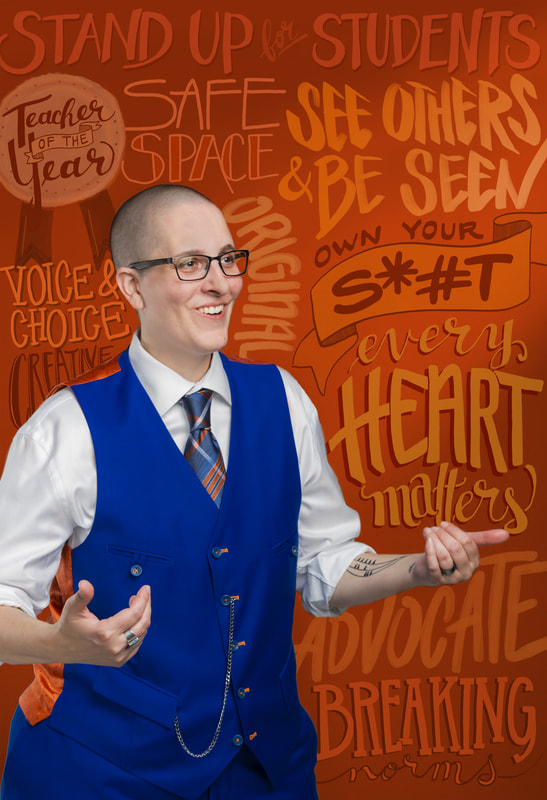
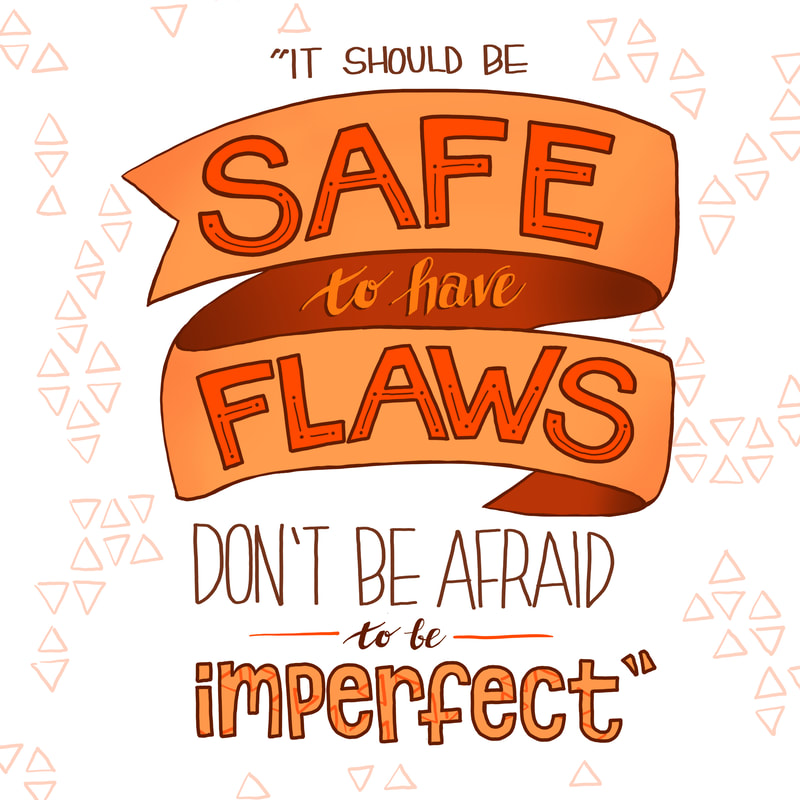
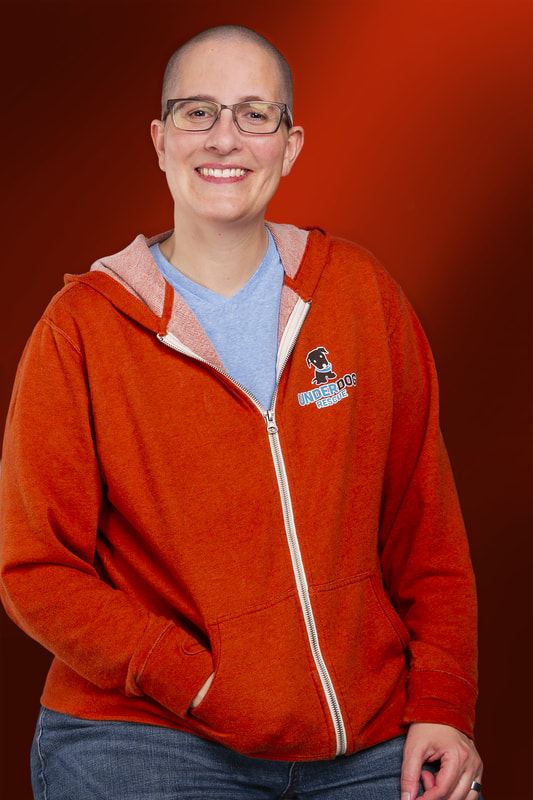
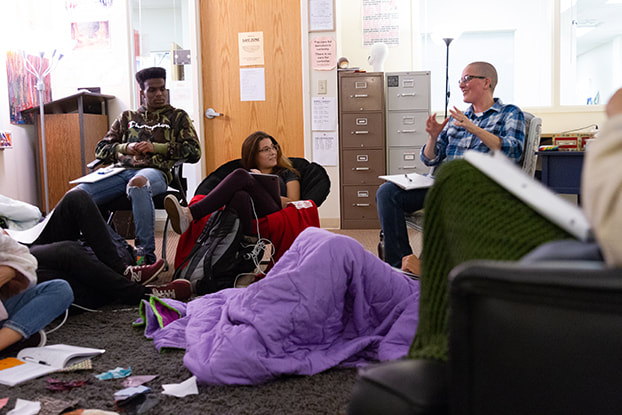
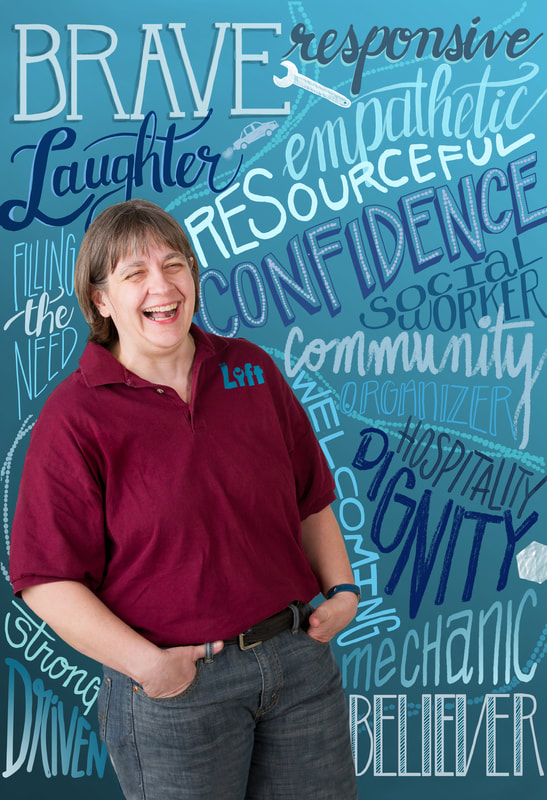
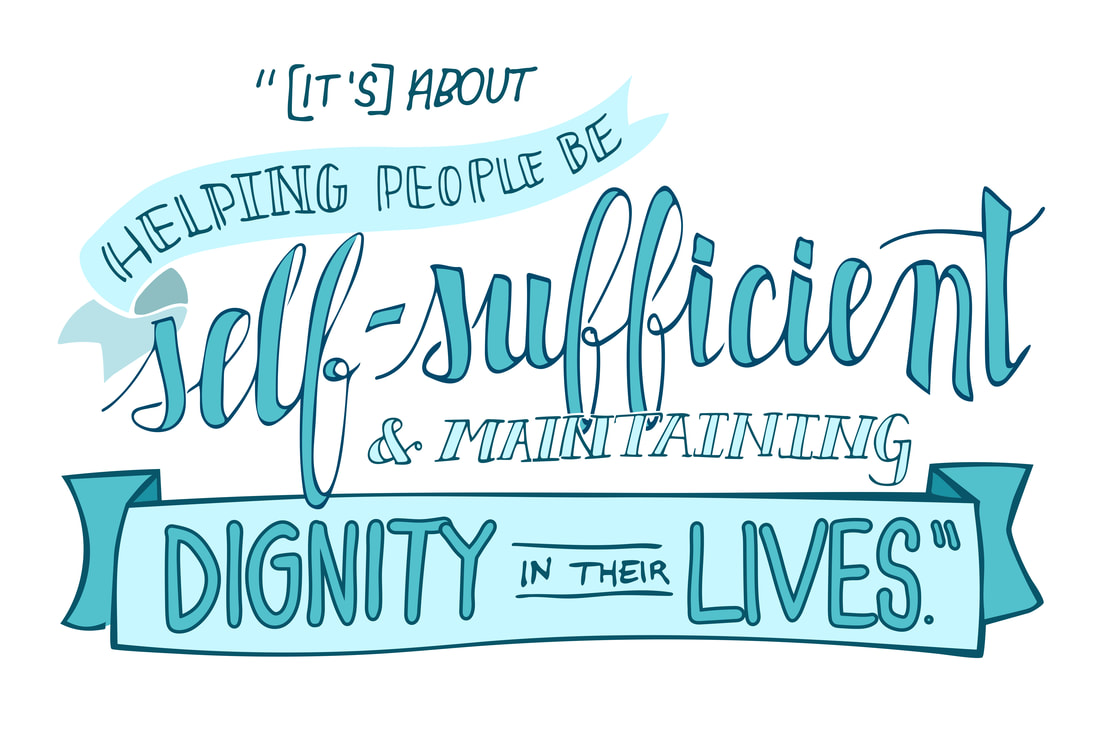
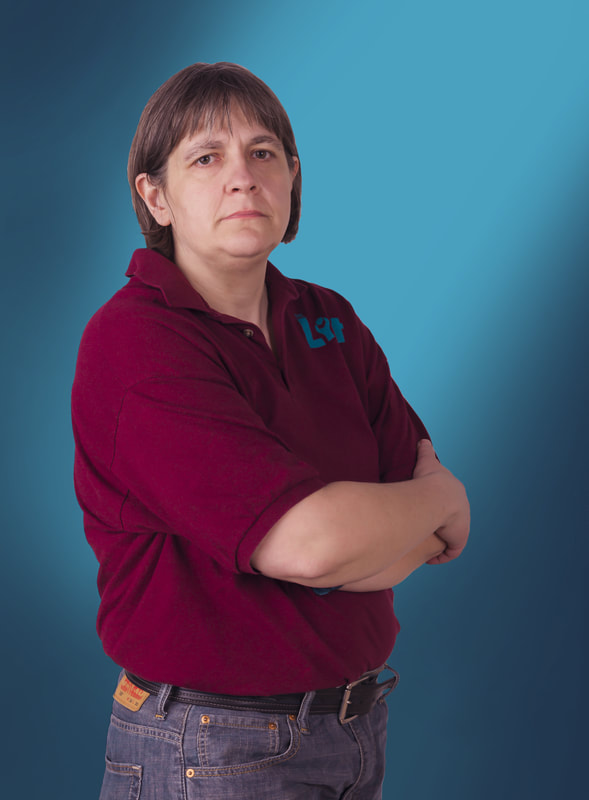
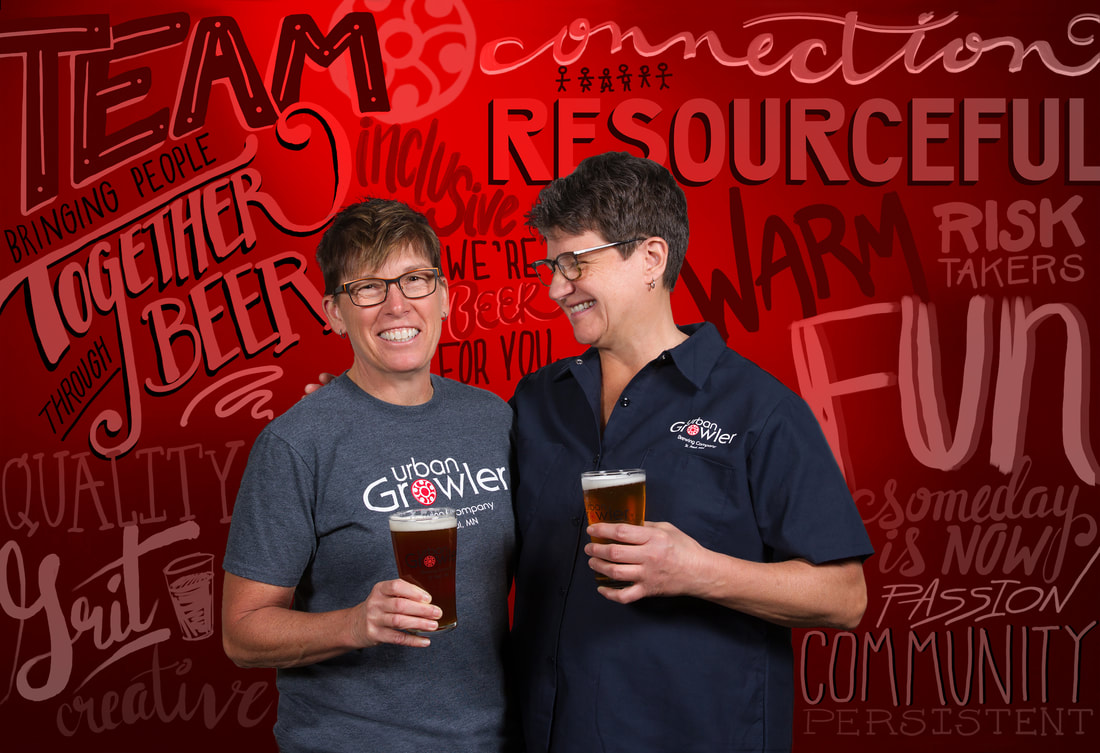
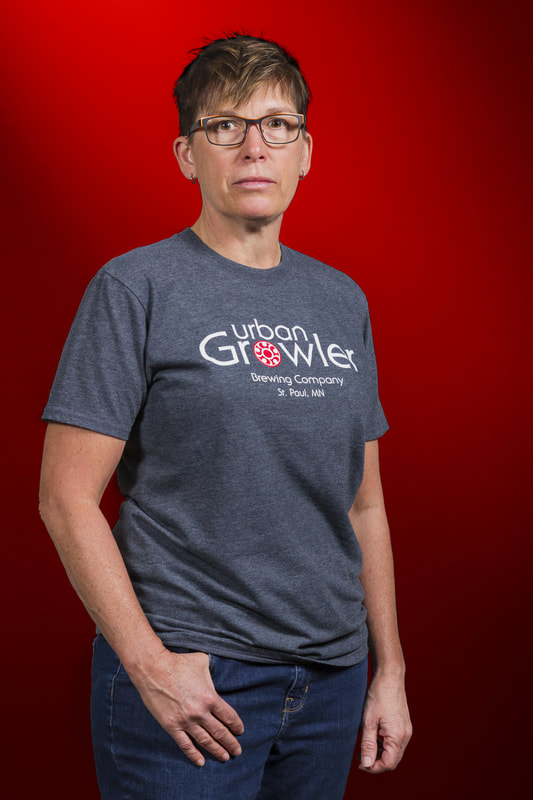
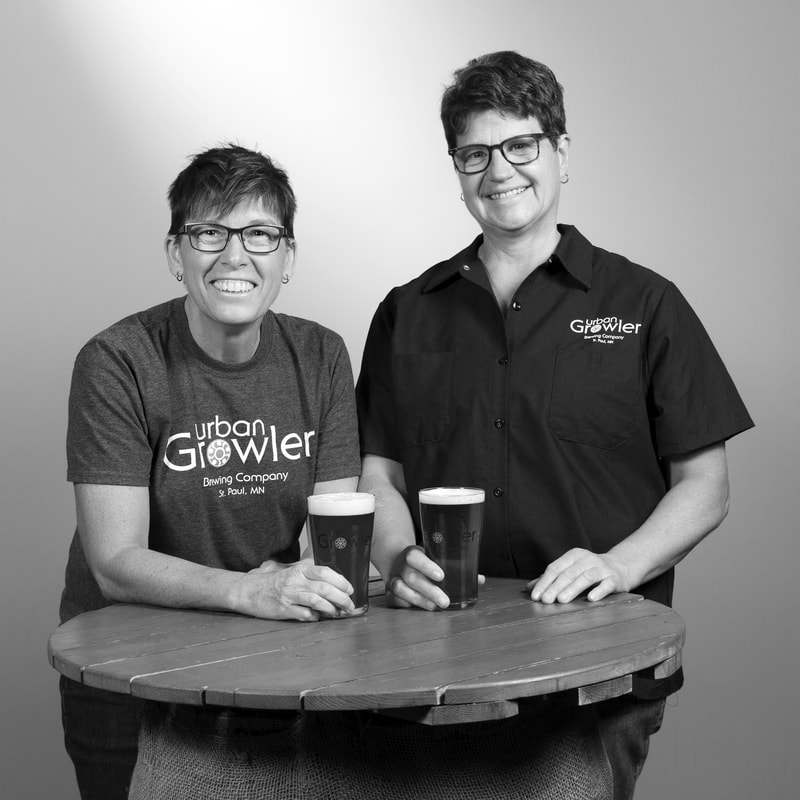
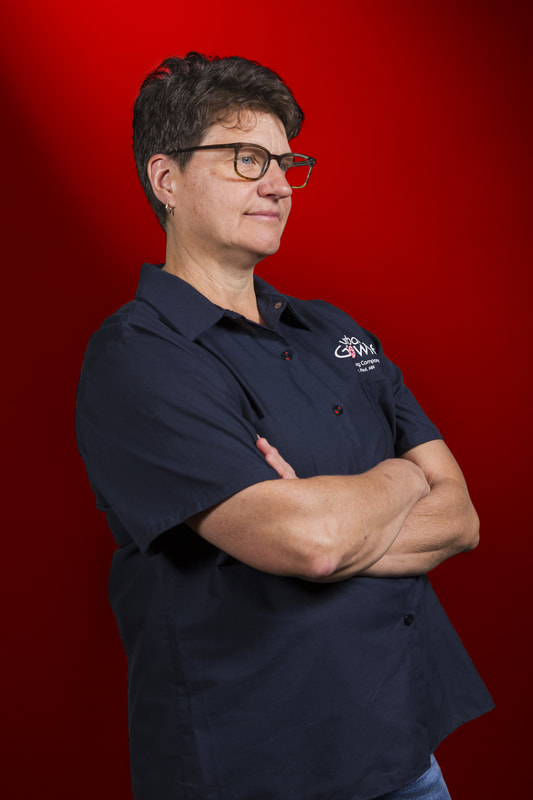

 RSS Feed
RSS Feed
